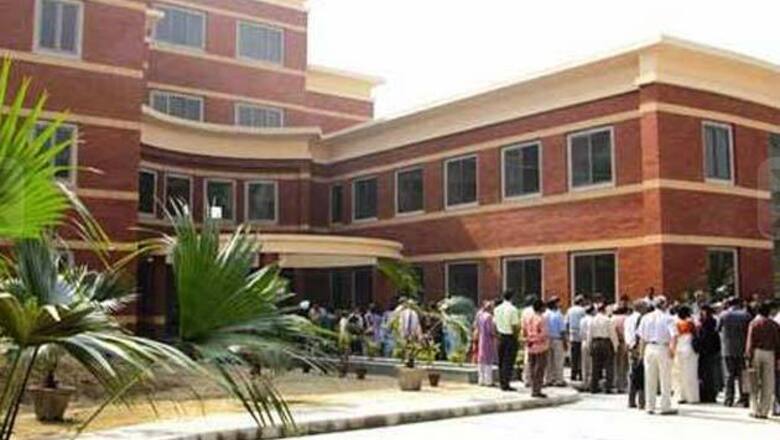
views
A considerable number of Delhi University Faculty members want the newly-introduced four-year undergraduate course to be scrapped while the administration wants to go ahead with the new format. Satish Deshpande, Sociology professor, Delhi School of Economics, Delhi University, joined IBNLive readers for an interaction on what the major points of disagreement are.
Q. Personally, what do you feel will benefit the students? Asked by: Saurav Tiwari
A. What will benefit students is a well-thought out programme of study, one with a clear rationale, a viable curricular structure, and a detailed plan for handling the practical-logistical issues involved in implementation. In my opinion, the proposed Four Year Undergrad Programme is none of these things; its duration is incidental -- the same criteria I am mentioning would be relevant for any programme that seeks to replace what exists, whatever its duration. The fact that the FYUP is proposing to add one year makes these criteria all the more important, because then we also need to know the justification for the extra year and the extra costs that it will inevitably involve.
Q. What are the major points of disagreement? Asked by: Sunil
A. The major points of disagreement between the University authorities and their supporters on the one hand, and those teachers (both individuals, informal groups, as well as different teachers' organisations) who oppose the new FYUP are: 1. Has there been adequate public discussion on the rationale of the FYUP? 2. Have prescribed procedures for introducing major curriculum reforms been followed? 3. Does the structure of the FYUP make sense -- will it be pedagogically viable -- that is, will it be "teachable", will it succeed in achieving its main goal, which is to "enrich undgergraduate education"? 4. Has enough time been given for the preparation of new courses, for teachers to discuss proposed syllabi, for statutory bodies at different levels to perform their oversight functions? 5. Has there been adequate planning for handling the logistical challenges (staffing, physical infrastructure, examinations etc etc) that the new programme will surely pose? 6. Are prospective applicants and their parents being offered clear and sufficient information on the new programme and how to make choices within its framework? On each of these questions the Univ authorities answer YES while the dissenters answer NO.
Q. In what disciplines will newly-introduced four-year undergraduate courses are proposed? Asked by: gaurav
A. This is best answered by the relevant Univ authorities. My own impression is that it will be offered in all the disciplines in which Honours courses are currently being offered (in 3 yr. format) plus probably some new ones. But I do not enough information to answer this question.
Q. On what grounds is this proposed curriculum better than the prevalent system? Asked by: Honey
A. This is a very good question -- it is in fact the key question. There has been not enough discussion on this question. In the short document on rationale presented to the Academic Council, the designers of this new programme cite many problems with the existing framework of education, and suggest that the FYUP will solve these. These are claims, and it is understandable that they are being made by those who propose something new. However, they need to be examined, discussed, debated -- including by those who may have different views... This has not happened. My own issues with the proposed structure are mainly focused on the fact that too many different objectives are being sought to be achieved through a single curriculum. You cannot expect the same curriculum to be good at inculcating vocational skills, value education, encourage creativity, foster a research orientation etc. etc. There have to be only a few "convergent" aims that a single curriculum is expected to achieve...
Q. Our country needs more doctors. But the infrastructure to create more doctors is not there and it is stagnant and stale. Therefore, I feel two shift systems in the colleges can be brought so that output will increase. Your take on this please. Asked by: tig
A. This is a wider issue unrelated to the subject of the present chat... However, I would invite "tig" to consider the following facts: 1. India is almost the only country in the world that produces more doctors than nurses... We are facing an acute shortage of nurses as well... The problem is not only of supply -- certainly we need more doctors, like we need more of everything -- but that we cannot match supply with demand. The rural areas have far too few doctors -- nobody wants to go there -- while cities have too many... Certain "paying" specialisations have lots of doctors (cardiology for example) but diseases like malaria or dengue have very few specialists... In short, it is not only a question of numbers, it is also a question of distribution.

















Comments
0 comment